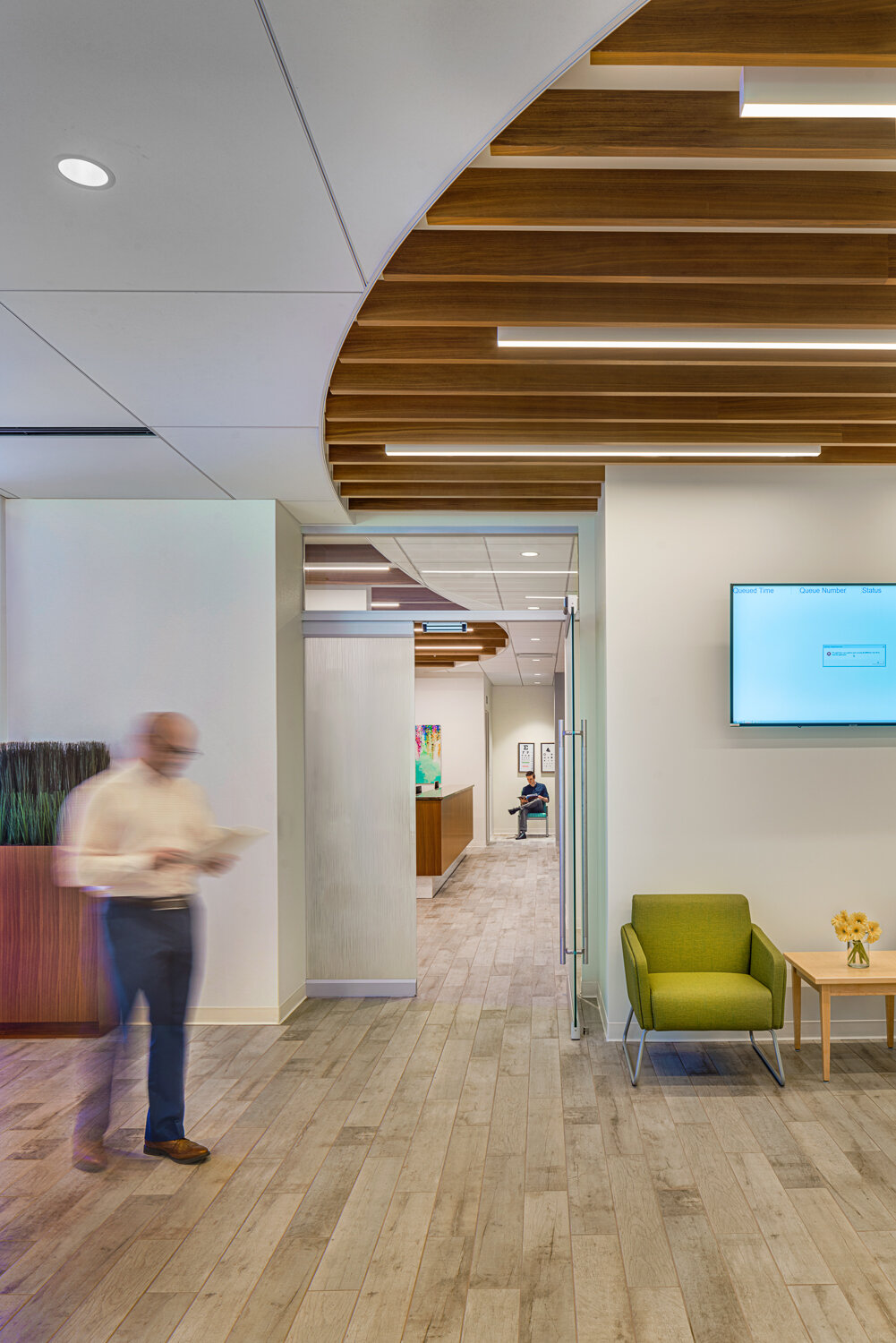This Q&A was originally included in a newsletter published on January 23, 2020 by Chicago Cannabis Executives.
What is the expertise that you bring to the cannabis industry?
Gil Magnelli, RA, LEEP AP: Our clients tell us we are valuable strategic partners that help them turn their real estate into a competitive advantage. We are able to do this because we are more than architects and designers; we are business-minded and establish a close connection well before it’s time to put pen to paper.
The recreational cannabis industry is an intersection of retail, healthcare, and hospitality. OKW is highly experienced in the retail & healthcare sectors, as our project managers and designers partner with our clients from the early site selection and due diligence phase all the way through the end of construction. This experience allows us to not only develop our clients’ brand aesthetic but also roll out their network of facilities, as we’ve done in a rollout of immediate health care clinics for one of our healthcare clients, and a prototype senior care clinic for a different organization. In each of these cases, our work focused on our clients’ specific customers.
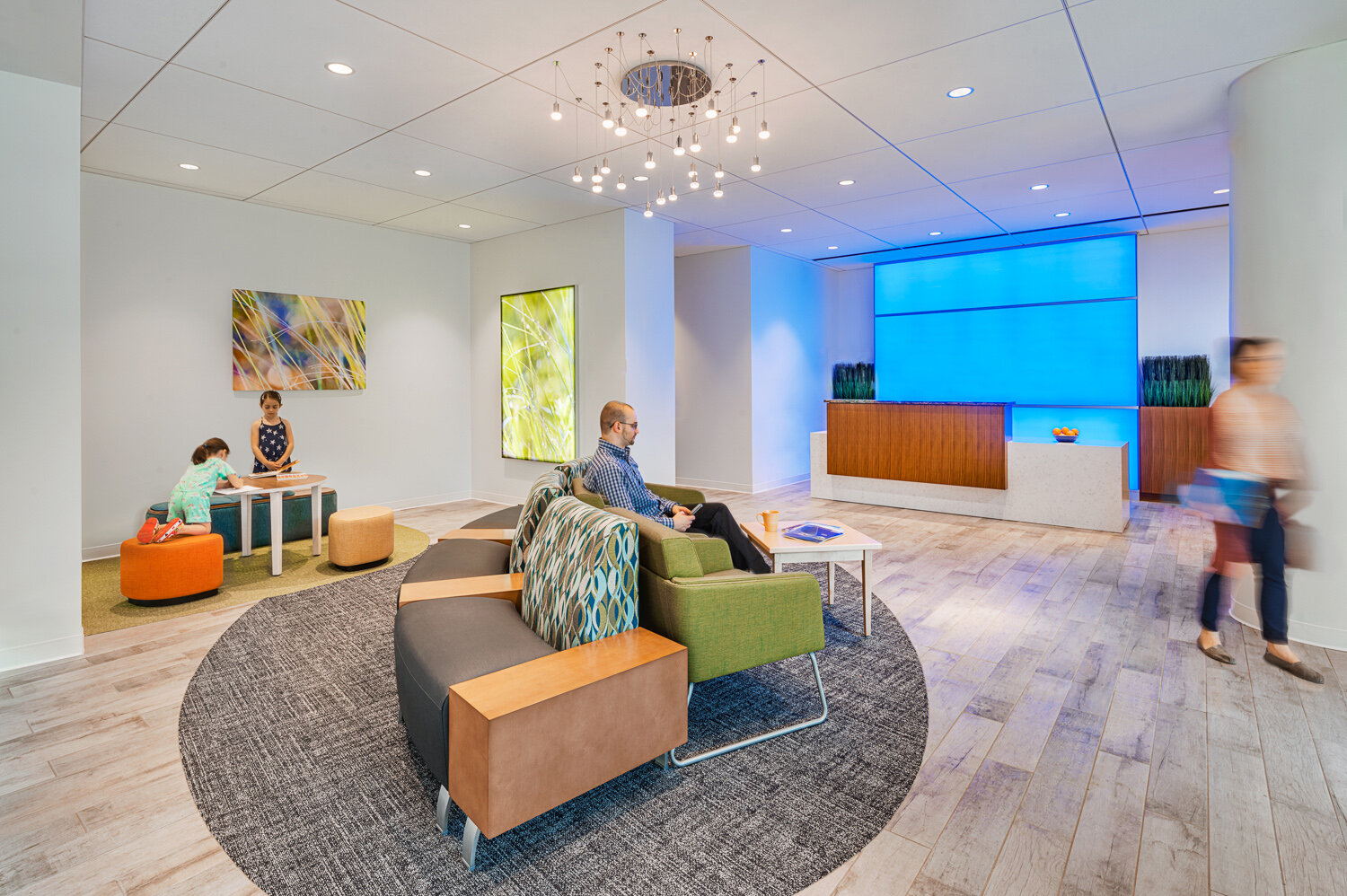
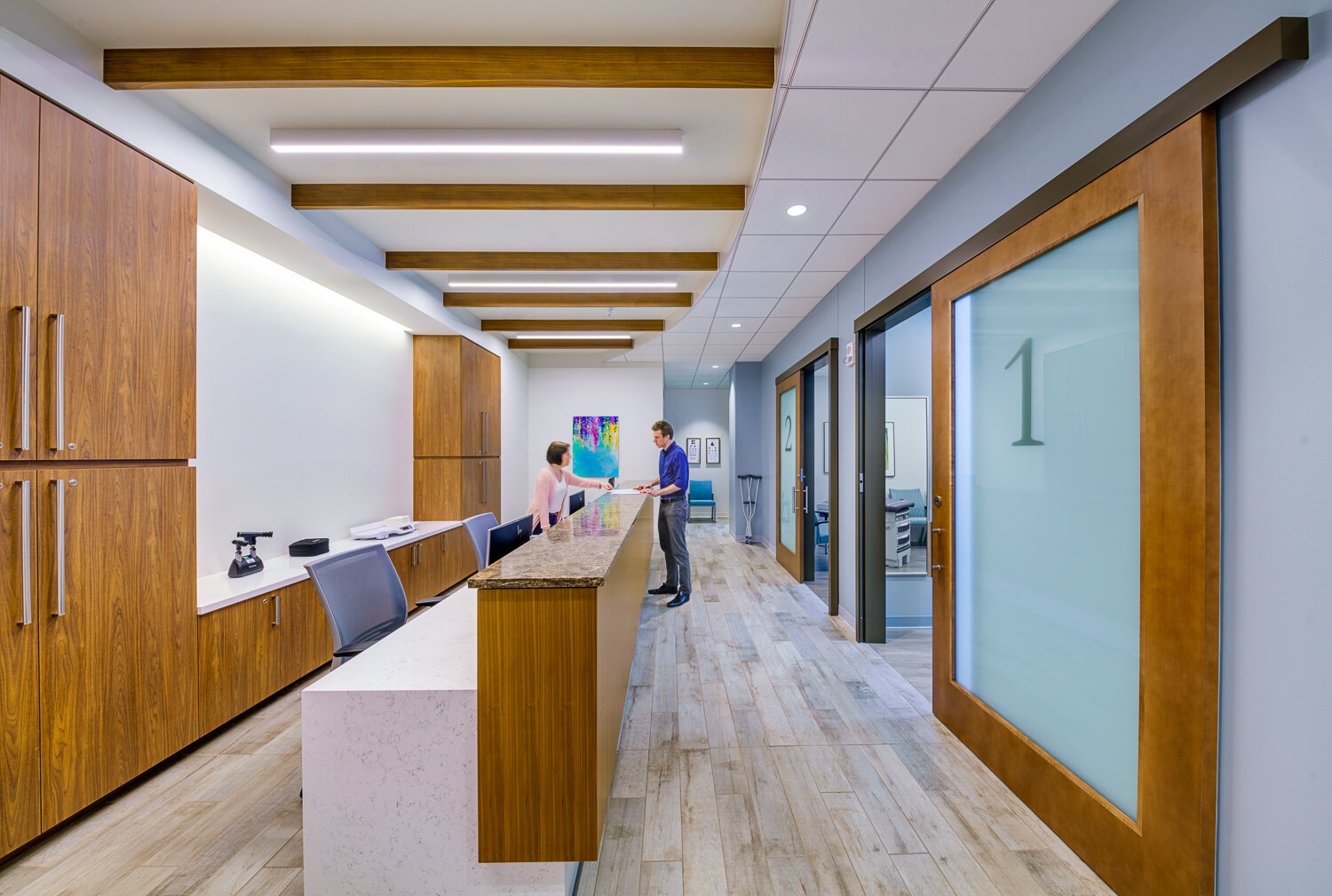
Zoning & entitlement issues are second nature to us, which makes OKW a valuable strategic partner in the cannabis industry, which right now can feel like the Wild West. We are currently working with a growing cannabis operator with existing medical/recreational licenses on their journey of expansion. As our clients navigate the various regulations & grow their business, they can count on us to understand the real estate and design landscape, with its many possibilities and limitations.
What is an important trend or innovation shaping the cannabis industry built environment this year?
Gil Magnelli, RA LEED AP
Magnelli: As operators continue to grow and more existing medical dispensaries convert to recreational use, operators are re-branding themselves and maturing into established retailers. They are using the rebrand effort as an opportunity to more thoughtfully consider the retail experience and develop a standardized design aesthetic that appeals to their target markets. This goes far beyond putting a logo on the wall and into the realm of designing a complete experience that speaks to the desired brand and target markets while standardizing their operations for optimal efficiency.
As cannabis continues to shed its stigma and make its way further into the mainstream, regulators are evaluating the possibility of onsite consumption via adjacent or rooftop canna-cafés or canna-lounges. This would work similar to a bar, where customers can buy product in the dispensary and consume it immediately afterward, either on an adjacent rooftop or a patio. As recently as last month, the conversation has shifted towards perhaps allowing the consumption of cannabis in established smoke shops or cigar lounges that don’t sell cannabis.
It is becoming increasingly important to create a retail experience for customers, one that balances the needs of regulars (medical patients or experienced users) and caters to the interests of newcomers. This operational and spatial balance is reflected in dedicated reserve online express pick up areas, consultation rooms, and easily accessible educational resources that encourage customers to ask questions and learn about the product itself.
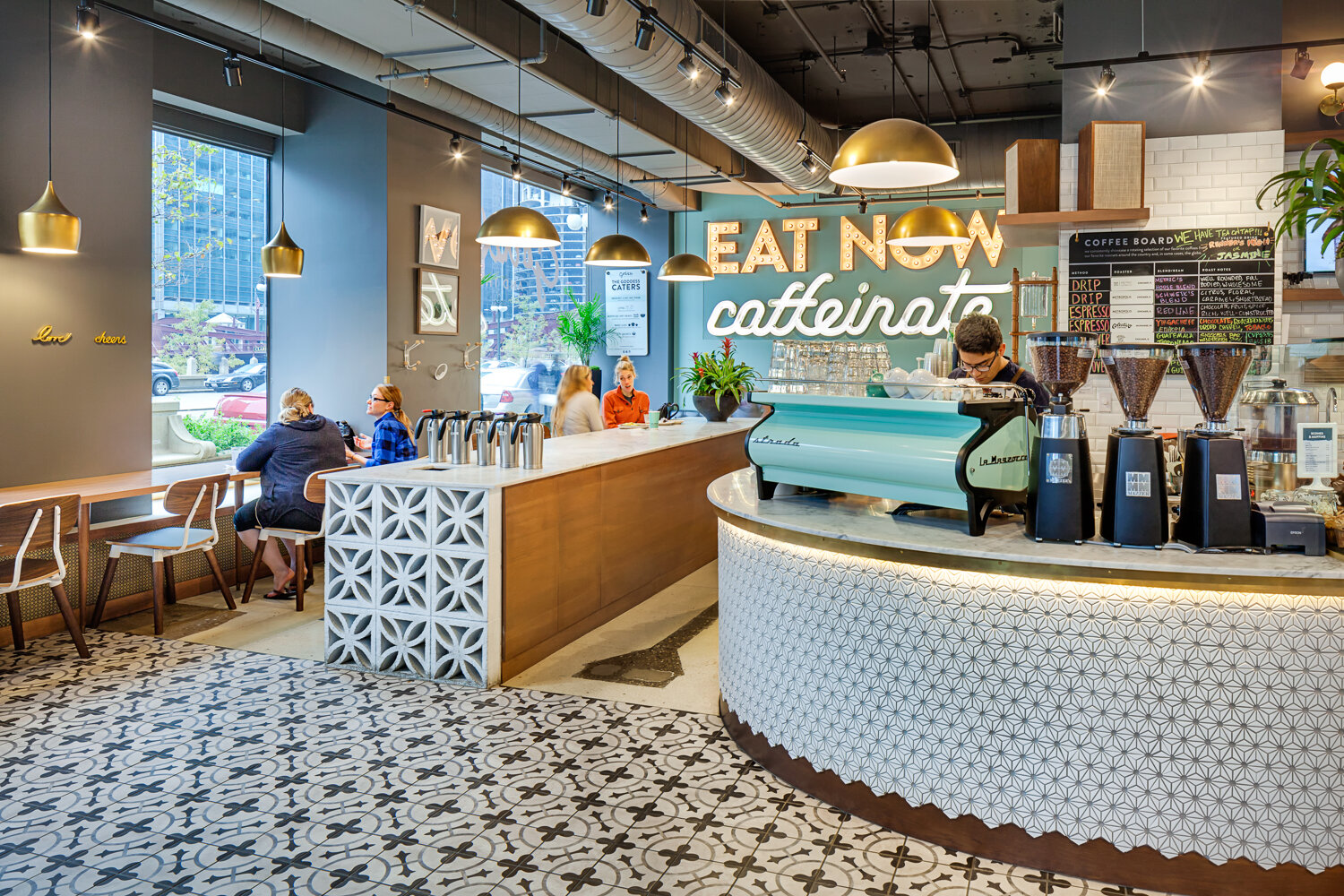
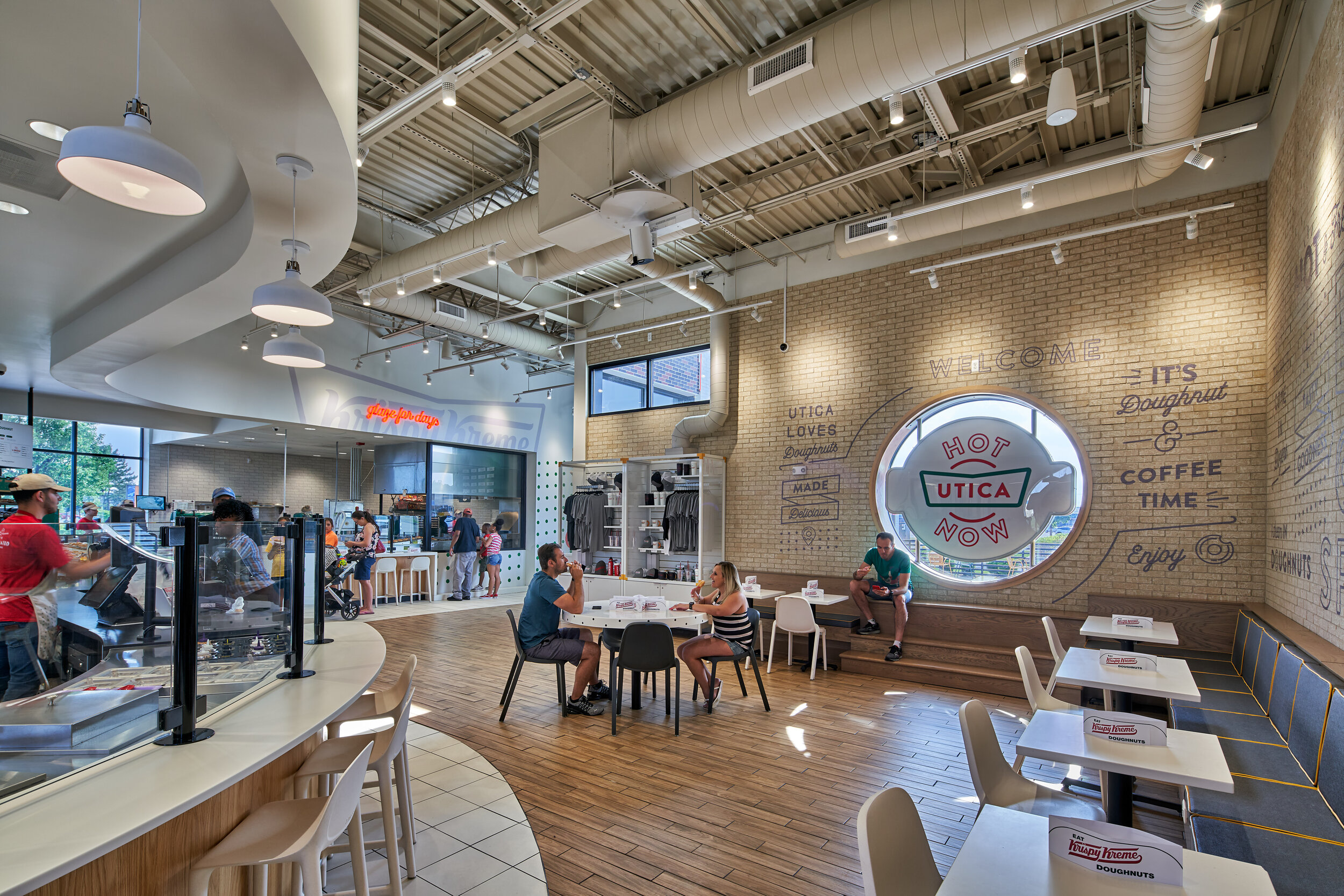
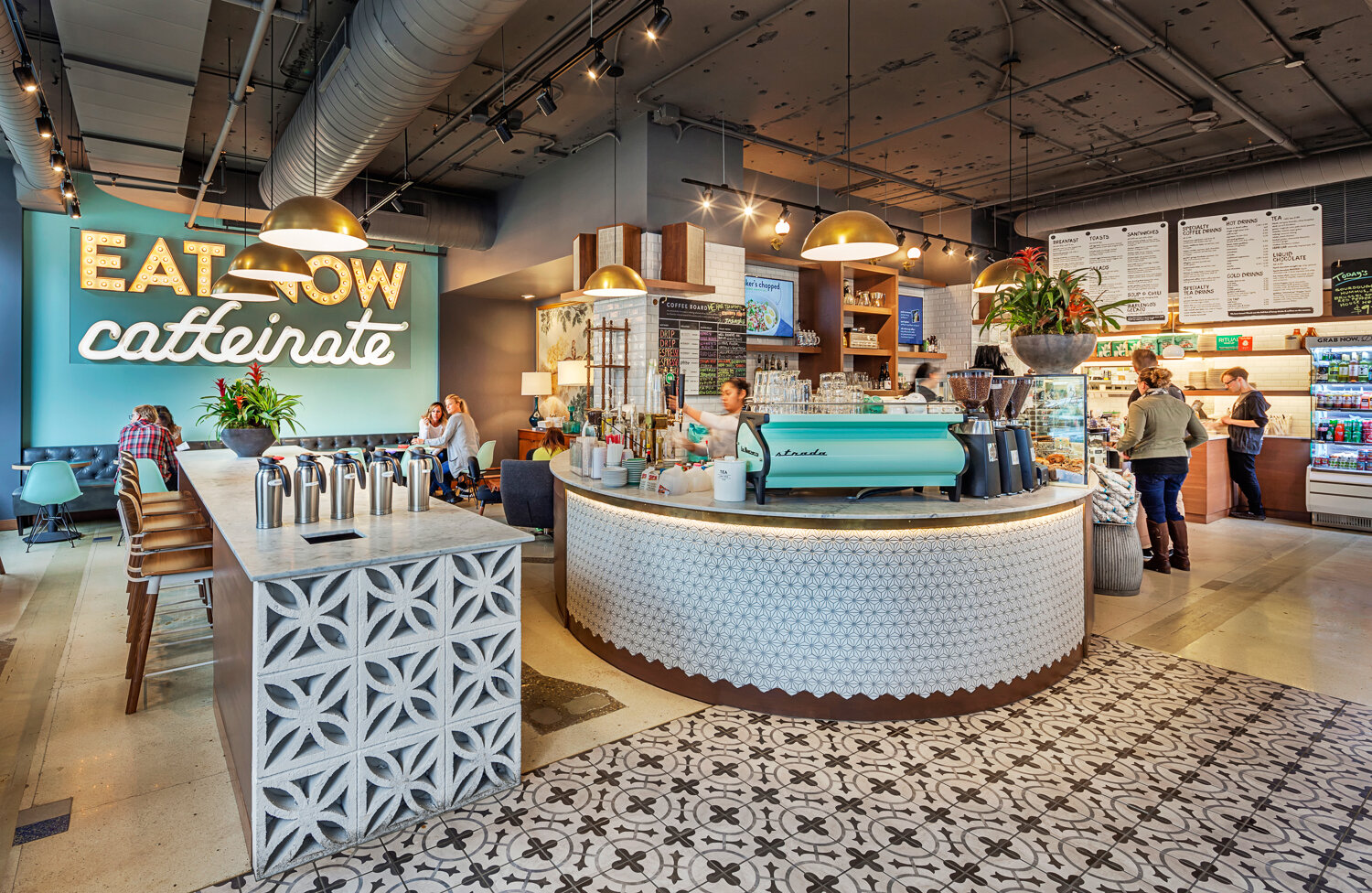
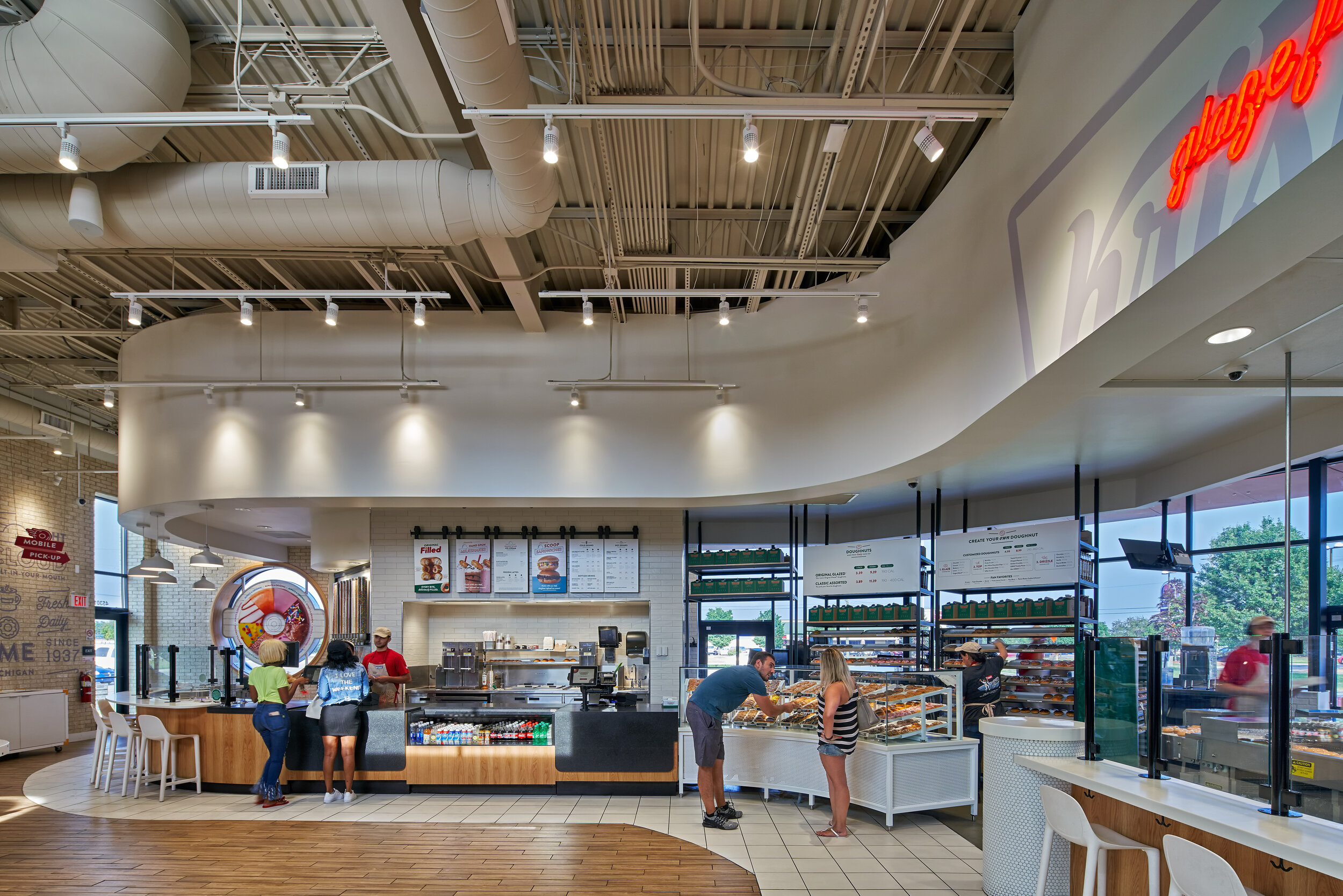
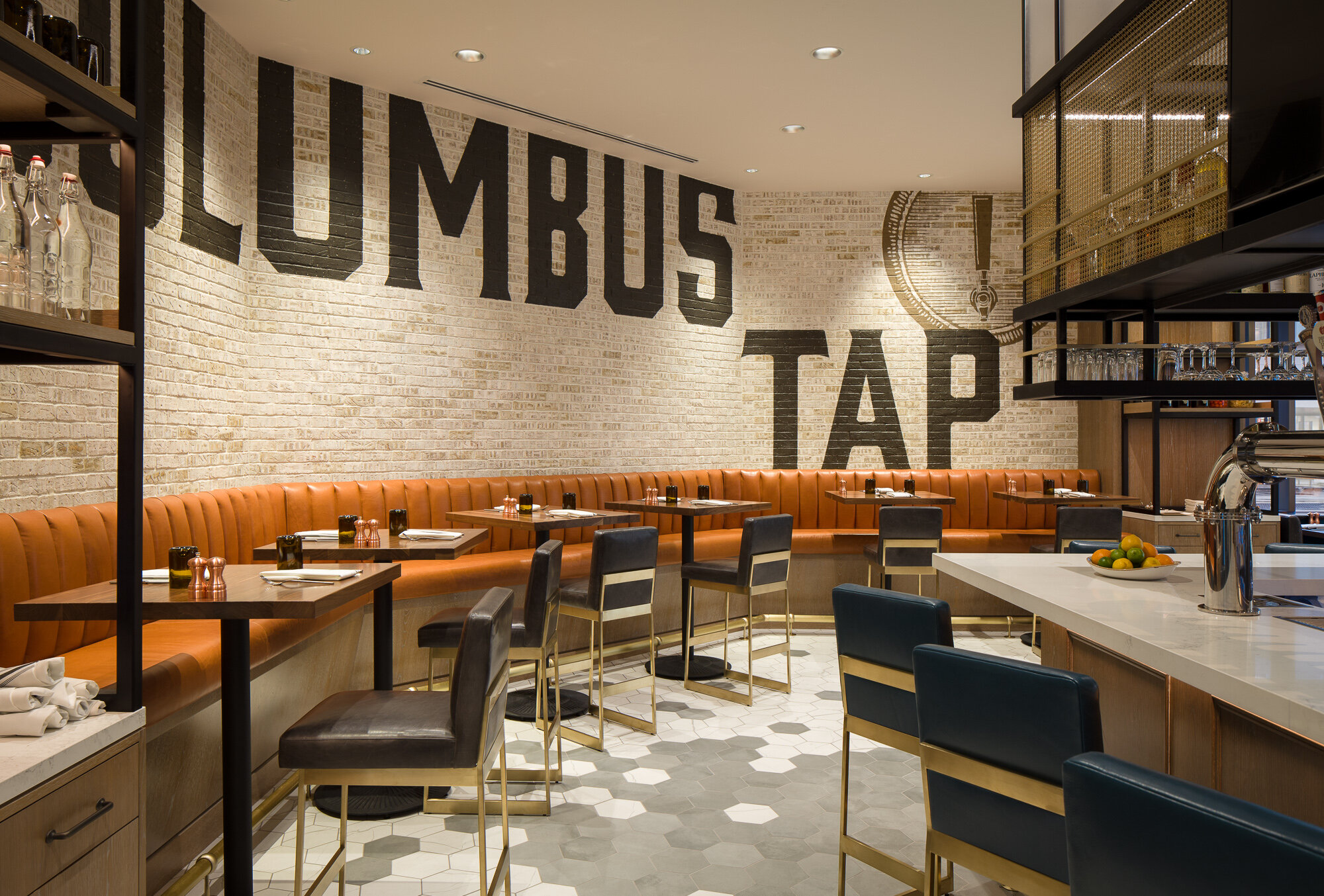
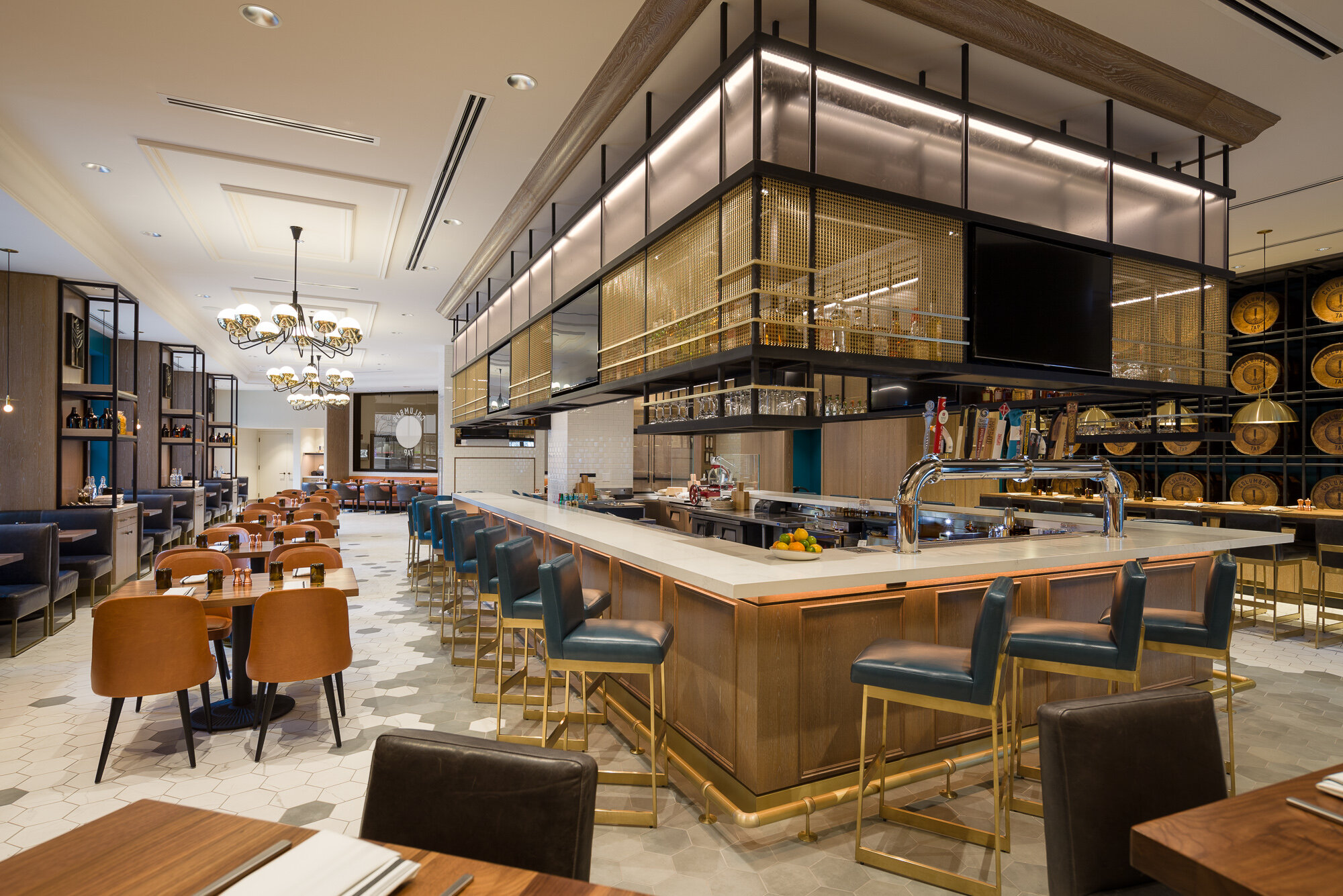
What's the biggest challenge the cannabis industry is facing, and how do you think it should be solved?
Magnelli: Many of the challenges the industry is facing can be attributed to the challenges in complying with regulations and meeting the market demand. With regulations varying at both the state and municipality levels, keeping track of every licensing and zoning regulation can be cumbersome. As it is illegal to transport cannabis across state lines, cultivation and processing facilities need to be duplicated in each state, which increases costs and makes it difficult to have national brands with consistent product.
Similarly, states have taken the proactive and admirable step of making social equity an indelible part of their cannabis initiatives, understanding that communities of color have been disproportionately affected by the war on drugs. Access to this new lucrative market could have transformative effects on many neighborhoods that have shouldered this burden for decades. The issue, however, is that access to capital can make starting a dispensary cost-prohibitive for potential entrepreneurs from these areas.
The State of Illinois hopes to remedy this hindrance by developing a cannabis business development fund that can be used to provide grants or low-interest loans to social equity applicants. This would be in addition to their social inclusion initiatives that urge business-owners to partner with residents of disproportionately affected neighborhoods in their enterprises.
This Q&A was published by Akrete on behalf of Chicago Cannabis Executives, which is a consortium of local professionals within the commercial real estate industry with a specific interest in seeing the cannabis industry thrive. Founded by Sheila Loberg (SHEcon) the organization hosts happy hours, talks, and networking events. OKW is involved with Chicago Cannabis Executives as a thought leader and advocate.



